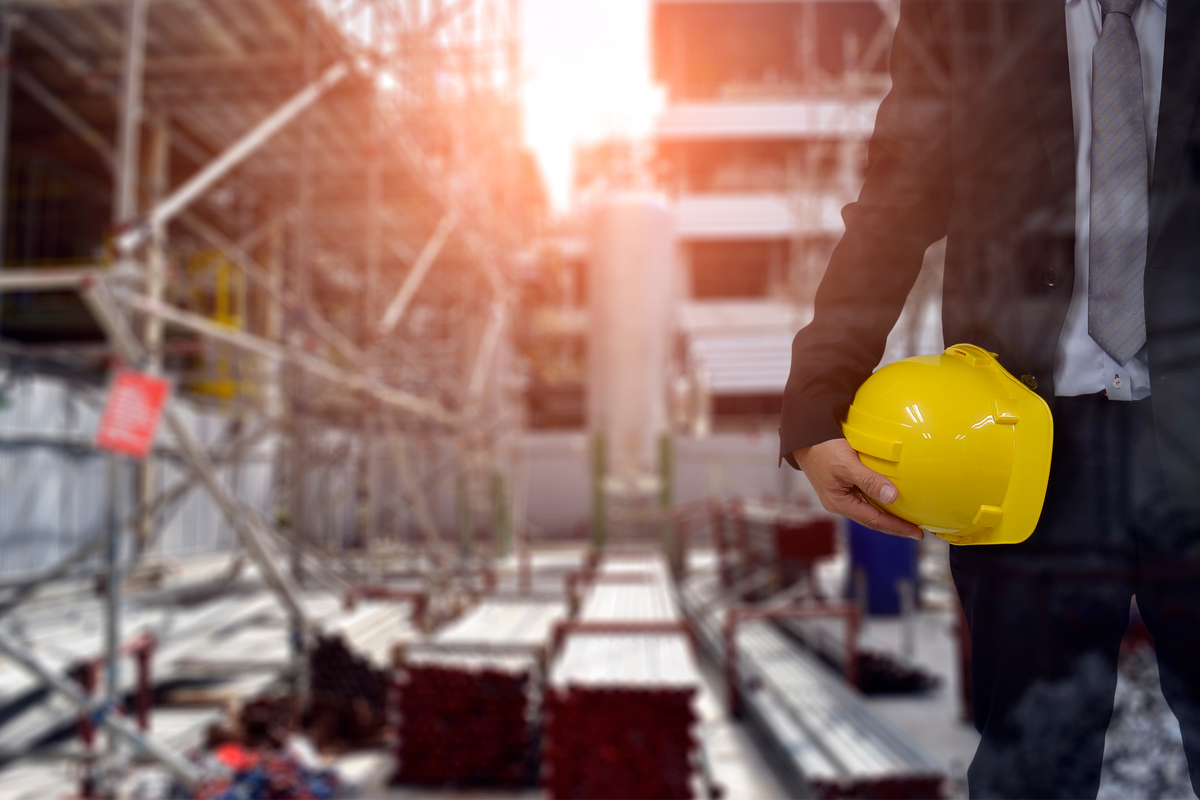
Construction projects in West Virginia must be completed with the utmost care and in accordance with high standards established in the industry. If any regulation or rule is broken during the construction of a building, the final product could contain dangerous and even deadly defects. When a construction defect causes injuries or requires costly repairs, multiple parties could be held responsible for damages.
The first possibility is a contractor or subcontractor for subpar work. A general contractor is someone a property owner hires to carry out a construction or engineering project. The general contractor then contracts multiple subcontractors to perform the work. If the contractor or any of the subcontractors are negligent, meaning they fail to use the correct amount of care, the contractor could be responsible for related injuries or property losses.
Contractors can include architects, engineers and designers on the project. If any of these individuals made a mistake in the blueprints or design of the building, resulting in a harmful defect, they can be held responsible. Construction project contracts typically contain provisions indicating which party will be legally responsible for construction defects. The general contractor may accept responsibility for defects caused by his or her subcontractors, for instance.
A construction company is a business or enterprise that is established to construct buildings, facilities, sidewalks and various other structures. While a general contractor may be a single individual, a construction company is a more expansive establishment. Construction companies typically have a more collaborative relationship with multiple workers, which may or may not include general contractors.
If a construction company is negligent during a build and this results in dangerous defects, injured workers or bystanders can often hold the company responsible. If the company hires an unlicensed laborer to save money, for example, and this worker improperly constructs a defective wall that collapses and injures someone, the company could be held liable for its negligent hiring practices.
In some cases, defects in a construction project are traced back to negligence by the owner of the property. Property owners are often closely involved with construction jobs. They may take part in a lot of the decision-making, including with respect to safety. If something goes wrong and someone gets injured, the property owner could be exposed to liability. If the owner of the property fails to pay for barriers to keep children out of a dangerous construction site, for example, the owner could be held responsible for a subsequent child injury.
A government agency could be held responsible for a construction defect that is present in a public building or on public land. As the owner and controller of the premises and the entity in charge of the construction project, the city or state government could face liability for injuries connected to construction issues. Claims against the government in West Virginia come with unique laws and statutes, making it important to hire a West Virginia personal injury attorney for this type of claim.
Finally, a product manufacturer or distributor could be held responsible if a construction defect is caused by an issue with a specific part, product or building material. If the materials used to construct a building contained design flaws, for example, a product liability claim could be filed against the manufacturer for any injuries caused or money spent to replace the defective materials.
Liability for defects in construction that result in injuries, deaths, property damage or additional construction costs can be complicated. If you or a loved one has been injured in any type of construction accident in West Virginia, consult with an attorney at Manchin Injury Law Group. We will review your case and help you understand your available legal options for a construction defect.

Attorney Timothy Manchin established the Manchin Injury Law Group in 2011 after his law partner of more than 25 years became a West Virginia circuit court judge. His focus is on helping individual clients and entire families victimized by negligent acts.
We offer a free initial consultation at our office in the Manchin Professional Building — our home since 1983 — conveniently located in Fairmont.
If you are unable to visit our firm, we can come to your home or hospital room.
Fill out the form below to get in touch!